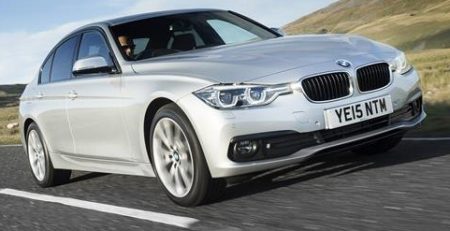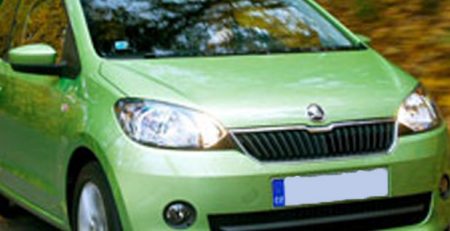Maximise resale value of your new BMW with these specs Specify you factory ordered car properly with a BMW configurator. Th read more
Personalised number plates
Registration numbers must be displayed in line with the law. If you change the spacing, style, or size of letters etc. you could be fined £1,000 and the registration number would be permanently withdrawn from use.
Only a Registered Number Plate Supplier (RNPS) can legally supply personalised number plates. A list of RNPS suppliers can be found on Gov.uk. The DVLA also sells personalised plates directly.
There are also dealers in number plates, who sell on registration plates they have bought from individuals or RNPS suppliers.
The DVLA records ownership of number plates. Your ownership is evidenced by a certificate of entitlement V750 or V778. These certificates are required when you wish to assign the registration to a new vehicle.
Once your assignment certificate expires you lose the right to use the registration number. Typically, you will need to renew your assignment every 10 years with the DVLA.
If you decide that you no longer want a registered plate, you can request for a refund from the DVLA of the assignment fee paid, but this will not refund your original purchase cost.
If your vehicle is stolen and not recovered, you can apply to transfer your number plate to another vehicle. However, this cannot take place until the DVLA has recorded the vehicle as stolen for at least 12 months. The theft must also have been reported to the police and the car must have been taxed at the time of theft.
If your vehicle is written off, you can request to transfer the number plate. The DVLA may require to inspect the vehicle, meaning you must make your insurers aware so they do not scrap the vehicle before inspection has occurred.
You will need to send your insurers the updated V5C once you have retained or transferred the plate, which they can use to sell vehicle as salvage.




